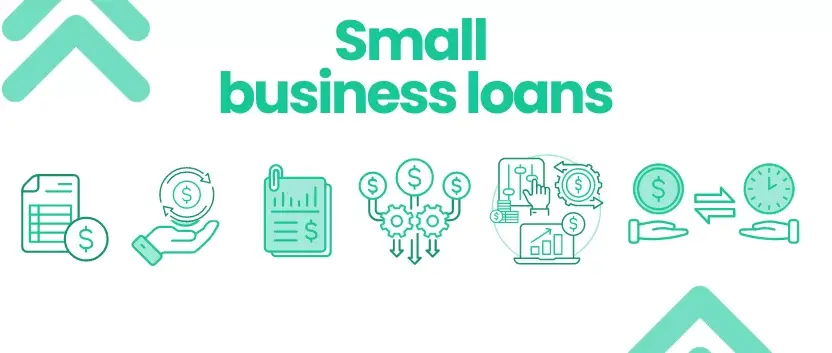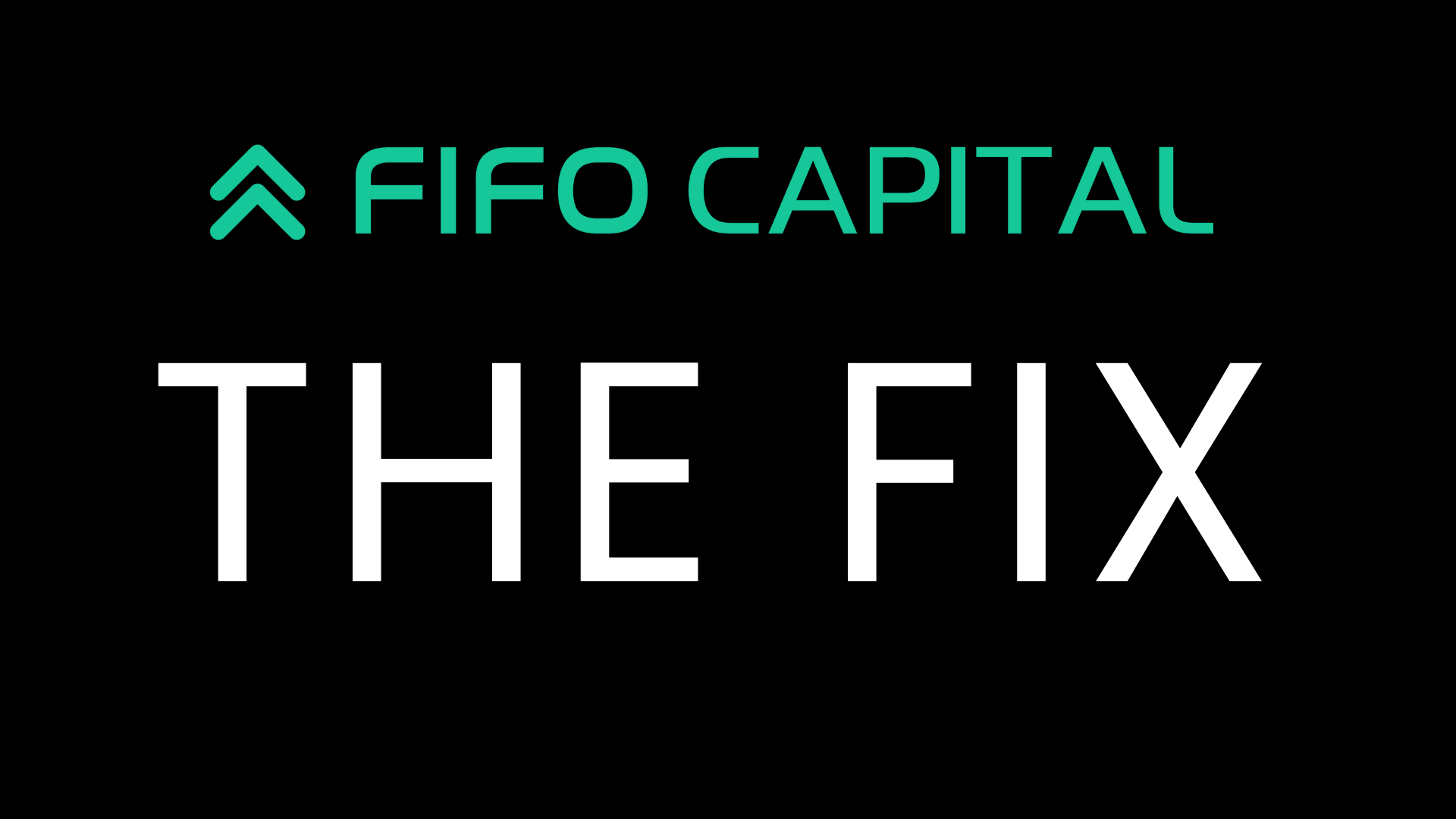Debtor Finance Companies: Maximise Your Cash Flow With Invoice Financing

Are you facing cash flow problems and want to get money from your unpaid invoices? Debtor finance is a great option that works differently from regular loans, giving you more flexibility and convenience. In this blog post, we’ll explore debtor financing options, compare different types of finance, and share helpful tips for choosing the right companies to finance your invoices. This way, you can increase your cash flow and tackle your financial challenges head-on!
Short Summary
- Debtor finance is a financial solution that allows businesses to use their outstanding invoices to improve cash flow.
- Carefully evaluate fees, customer support services and other factors when selecting the right debtor finance company for your business’s needs.
- Consider advantages and drawbacks of unsecured loans vs debtor finance before making a decision on which financing option best suits individual needs.
Understanding Debtor Finance

Debtor finance is a smart financial solution that helps businesses enhance their cash flow by using their unpaid invoices through a debtor finance facility. In Australia, solvent companies can take advantage of this invoice financing service, available in two forms: invoice factoring and invoice discounting.
Both invoice factoring and invoice discounting offer businesses the chance to leverage their unpaid invoices, boosting their cash flow and gaining access to much-needed working capital. The choice between these two options depends on what each business specifically requires and prefers.
In a nutshell, debtor finance, whether through invoice factoring or invoice discounting, presents Australian businesses with a valuable opportunity to optimise their cash flow by utilising their outstanding invoices. This financial solution enables companies to access immediate funds while still maintaining control over their customer relationships. It’s a win-win situation for businesses aiming to bolster their financial position and grow with confidence.
Invoice Factoring vs Invoice Discounting
For businesses seeking quick cash flow solutions, especially in industries with extended payment periods, two debtor finance options stand out: invoice factoring and invoice discounting.
Invoice factoring involves selling invoices at a discounted rate to a financing company (the factor) to receive immediate funds from customers. The factor takes ownership of the invoices and retains a portion as their fee.
On the other hand, invoice discounting allows companies to borrow against outstanding, uncollected invoices without relinquishing ownership. This flexible financing provides extra capital for various needs or growth opportunities, all while maintaining confidentiality between lenders and debtors.
Both invoice factoring and invoice discounting serve as effective tools for businesses to access immediate funds, manage cash flow, and seize growth prospects without disrupting customer relationships or revealing financial arrangements.
Accounts Receivable Finance
Accounts receivable finance, also known as debtor finance, encompasses the same financial concept. Just like debtor finance in general, accounts receivable finance can be further divided into two sub-forms: invoice discounting and invoice factoring. These options provide businesses with swift access to funds, improving cash flow and mitigating the risk of late payments on outstanding invoices. With these debtor finance sub-forms, businesses can ensure financial stability and capitalise on growth opportunities while maintaining control over their customer relationships.
Choosing the Right Debtor Finance Company

When you’re searching for the right debtor finance provider for your business, take the time to carefully assess the fees and charges they apply to their services. Don’t just focus on their experience in the industry; also consider the quality of their customer service and how stable their pricing is. This way, you can find a debtor finance solution that matches your specific cash flow needs.
Doing your due diligence is essential too. Reach out to past clients and ask for references to gauge the reliability of potential providers. This step will give you valuable insights into their track record and credibility. By thoroughly examining various aspects of different companies offering debtor financing, you can greatly increase your chances of choosing the best option available in the market to meet your vital financing requirements.
Comparing Fees and Charges
When you’re looking into a debtor finance solution, it’s absolutely vital to compare the fees and charges offered by different lenders. These could include setup costs, monthly rates, termination expenses, and additional invoice financing commissions. The overall cost of debtor finance will also be influenced by the credit terms you’ve agreed upon with your customers. Generally, you can expect a percentage between 1.5% to 10% to be deducted from each invoice when using this financing method. However, before settling on a provider, carefully analyze your specific business circumstances to ensure you get the best value for your money.
To effectively manage your cash flow without unnecessary financial pressure, take the time to thoroughly review all potential fees and charges associated with debtor loans. This way, you can maximize the benefits of the debtor finance solution and make well-informed decisions that align with your financial objectives. By being informed and attentive, you can make the most of this financing option for the success of your business.
Assessing Customer Support and Services
For businesses looking for an effective debtor finance experience, it is essential to evaluate the customer service and support offered by different providers. Companies in this sector offer various solutions such as invoice financing, cash flow finance, asset-based lending, working capital finance, etc., allowing companies to create invoices and manage their debtors more efficiently.
Understanding a factor’s debt collection process thoroughly before committing is vital. This ensures complete clarity on all fees, penalties, or restrictions associated with their services. By evaluating offerings from multiple debtor financiers, you can confidently choose the option that best suits your business needs, paving the way for a smoother and more efficient financial journey.
Advantages and Disadvantages of Debtor Finance

However, it’s essential for companies to carefully evaluate potential drawbacks that may arise from using debtor finance, such as fees or an increased reliance on financing in general. So, before moving forward, it is crucial for businesses to thoroughly assess whether this type of service aligns with their specific needs and financial goals. Making an informed decision will ensure that debtor finance is used in a manner that benefits the business without causing any unexpected issues.
Benefits of Debtor Finance
Debtor finance brings several advantages to businesses, making it easier to manage their finances. It boosts cash flow, provides flexible repayment options, and allows expansion without taking on more loans. When companies face issues with cash flow due to customers taking a long time to pay their invoices, debtor financing helps by offering more flexibility than regular loans and giving access to funds quickly.
With debtor finance, businesses can use the money they are owed from their customers to cover their own expenses and pay off debts from customers who pay slowly. This way, they won’t have to worry about running out of money and can focus on growing their business without being held back by financial constraints caused by slow payments. Debtor finance can be a real game-changer, helping businesses thrive and reach their full potential.
Potential Drawbacks
Debtor finance can be helpful for businesses, but it’s essential to be aware of some potential downsides. One issue is that charges and interest rates can quickly add up, costing the company more money. Also, using debtor finance might mean losing control over collecting money from customers, which could lead to problems in maintaining good relationships with them. Another thing to consider is that invoice financing may only cover part of the money owed to the business, leaving them short on funds if they need more than what the debtors’ money provides. Taking immediate access to funds might also come with expenses that reduce overall profits.
Therefore, it’s essential to carefully think about the advantages and disadvantages of debtor finance before deciding. Each company has its own unique cash flow needs and situations, so it’s crucial to make a well-informed choice about this type of financing.
Another way to make the most of debtor finance is to combine it with other working capital finance solutions. For example, if you use debtor finance together with trade finance, you can benefit from the option to buy now and pay later. Additionally, supply chain finance is another helpful option that not only provides funds for growth while reducing reliance on loans and debt but also makes your business operations more efficient.
By exploring these different financing options and tailoring them to your specific business needs, you can fully utilize the advantages of debtor finance and create a strong financial plan that drives your business forward. This approach helps you manage your money effectively, run your business smoothly, and achieve sustainable growth without overwhelming financial pressures.
Debtor Finance for Different Business Types

Debtor finance offers a practical solution for businesses of all sizes and stages, from start-ups to well-established companies. It provides customised financing that helps manage cash flow and enables growth in various sectors such as transport and logistics, retail, agriculture, and professional services like recruitment and security firms.
For small businesses seeking steady cash flow to fuel their growth, debtor finance provides the necessary flexibility. Similarly, experienced enterprises can rely on this flexible financial tool to maintain financial security while expanding their operations according to their specific needs.
Start-ups
Start-ups can benefit greatly from debtor finance as it allows them to manage cash flow and foster growth without the need for traditional loans. By using their outstanding invoices to access capital, they can cover initial costs and invest in development opportunities. This financial solution relieves financial pressure, enabling them to invest in potential future successes.
SMEs
SMEs can overcome cash flow struggles and seize growth opportunities with debtor finance. By obtaining funding based on unpaid invoices, they can improve liquidity for business expenses and generate revenue through receivable payments, setting themselves up for sustained future development.
The strategic use of debtor finance ensures steady cash reserves and fuels growth, leading to greater success in the long run. It empowers businesses to seize opportunities, meet financial obligations, and thrive in their endeavours.
Established Companies
Debtor finance can serve as a valuable tool for established businesses seeking to manage their cash flow and facilitate business expansion. By leveraging the financial worth of their outstanding invoices, companies can effectively generate liquidity. Various options are available, such as invoice discounting, factoring, asset financing, working capital loans, and other forms of invoice-based finance.
Through the strategic use of debtor finance, well-established organisations not only maintain steady cash reserves but also fuel growth that paves the way for greater success in the future. By tapping into these financial resources, businesses can seize opportunities, meet financial obligations, and ultimately thrive in their endeavours.
Unsecured Business Loans vs Debtor Finance

When businesses need extra funds, they can choose between unsecured business loans and debtor finance. With debtor finance, they use unpaid invoices as collateral, whereas unsecured business loans do not require any collateral. Both options provide access to resources, but many experts believe that debtor financing offers greater flexibility and more positive impacts on cash flow compared to unsecured loans.
It’s essential for companies to compare these two options carefully to determine which one best suits their needs. Let’s explore the differences between debtor finance and unsecured business loans, as well as the pros and cons of each. By understanding these factors, businesses can make an informed decision and choose the most suitable form of finance that aligns with their specific requirements and supports the growth of their enterprise.
Key Differences
When it comes to unsecured business loans and debtor finance, there are important differences that businesses should be aware of. With unsecured loans, you don’t need to provide any collateral to get the money, but with debtor finance, you use unpaid invoices as security for the transaction. The repayment terms for these two options can be quite different – unsecured loans usually have shorter payment periods, while debtor finance offers more flexibility based on your cash flow needs.
When deciding between an unsecured loan and debtor finance, businesses must consider various factors. You should think about the size and stage of growth your business is in. Also, consider whether you need short-term or long-term benefits, and what your anticipated cash flow needs will be over time. By carefully weighing these aspects, you can make the best choice that fits your business’s unique situation and ensures you have the right funding for your needs.
Pros and Cons
Businesses need to carefully weigh the pros and cons of unsecured business loans and debtor finance to make a wise decision about which financing option suits them best. Unsecured loans might have higher interest rates and demand a good credit history, which could make them difficult for some businesses to access if their financial standing isn’t strong. On the other hand, debtor finance offers an alternative solution, allowing companies to access the money locked in unpaid invoices from customers who take a while to pay. This can be really helpful for businesses when they need funds urgently.
Summary
To sum up, debtor finance offers businesses of all sizes the opportunity to unlock their potential and optimise cash flow. With an abundance of solutions available such as invoice factoring, accounts receivable financing or discounting invoices that are outstanding. Companies have plenty of viable options to choose from based on their individual needs. By using this financial resource, businesses can reduce their reliance on traditional loans and ensure a steady flow of income to fuel their growth and expansion. It’s a great way to manage finances and set your business on a path to success.
Frequently Asked Questions
What are the different types of debtor finance?
Debtor finance comes in many forms, like factoring, invoice discounting and cash flow finance. These solutions enable companies to get access to funds that can help grow their business. Asset financing as well as working capital financing through invoices offer an excellent way of improving liquidity for businesses. The financial services allow them the resources needed so they may thrive without having any issues with money flow management.
What is debtor factoring?
Debtor factoring is a financial service in which businesses exchange their unpaid and outstanding invoices to a third party, called the factoring company. This provider offers an advance on payment of those invoices without having direct contact with customers. The business receives money for them minus their fee once all payments are settled. Consequently, it’s up to the factor firm to handle any necessary collections from clients for billed goods or services provided by that organisation.
What is a debtor invoice?
An invoice to the customer, documenting their purchase of goods or services, is known as a debtor invoice. It states in detail what was bought and how much it costs with any taxes that are applicable along with the total amount owed by them for this transaction. This serves both to remind them of payment due while also providing evidence of exchange between buyer and seller.
What is debtor finance?
Debtor finance is a financial resource providing businesses with the means to ensure regular cash flow by borrowing against outstanding invoices. This valuable tool gives companies access to funding while they are waiting for payment on those same invoices, creating stability in their finances.
How can debtor finance help my business?
Debtor finance is an ideal way for businesses to unlock capital and create more liquidity by transforming outstanding invoices into funds. Through this solution, companies can have greater control over cash flow, giving them the financial leeway they need to take advantage of new opportunities. Rather than having customers pay their bills before being able to access these resources. Debtor finance provides immediate access so your business never has a shortage of necessary money needed for operations or expansion.



